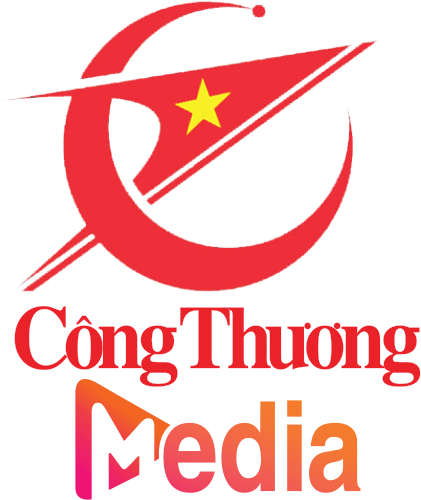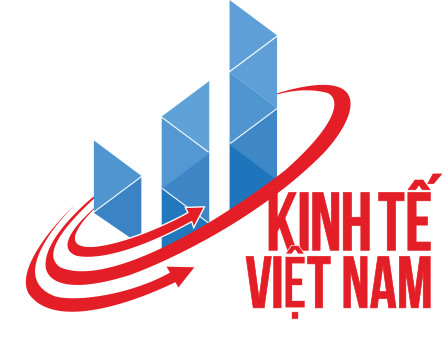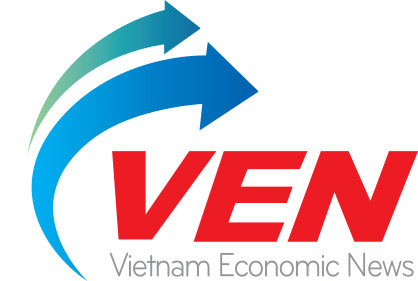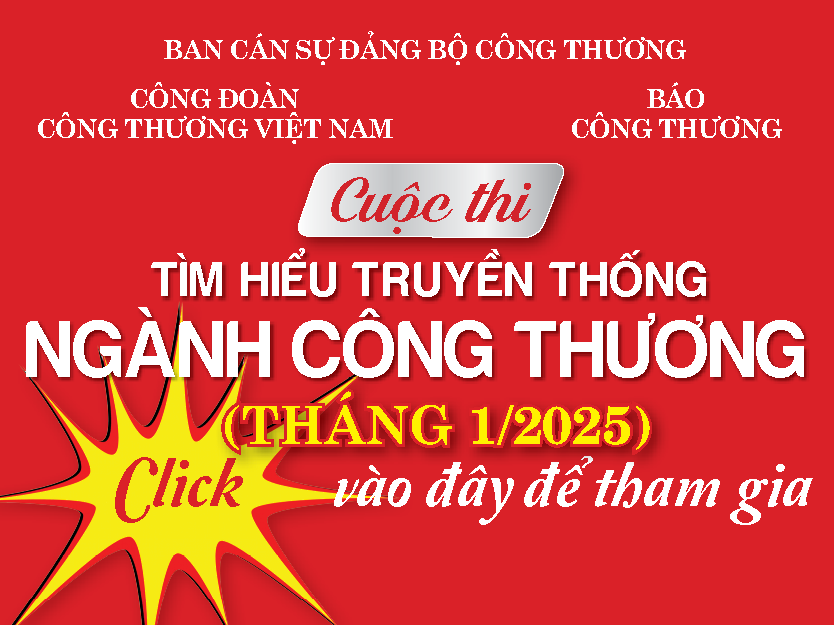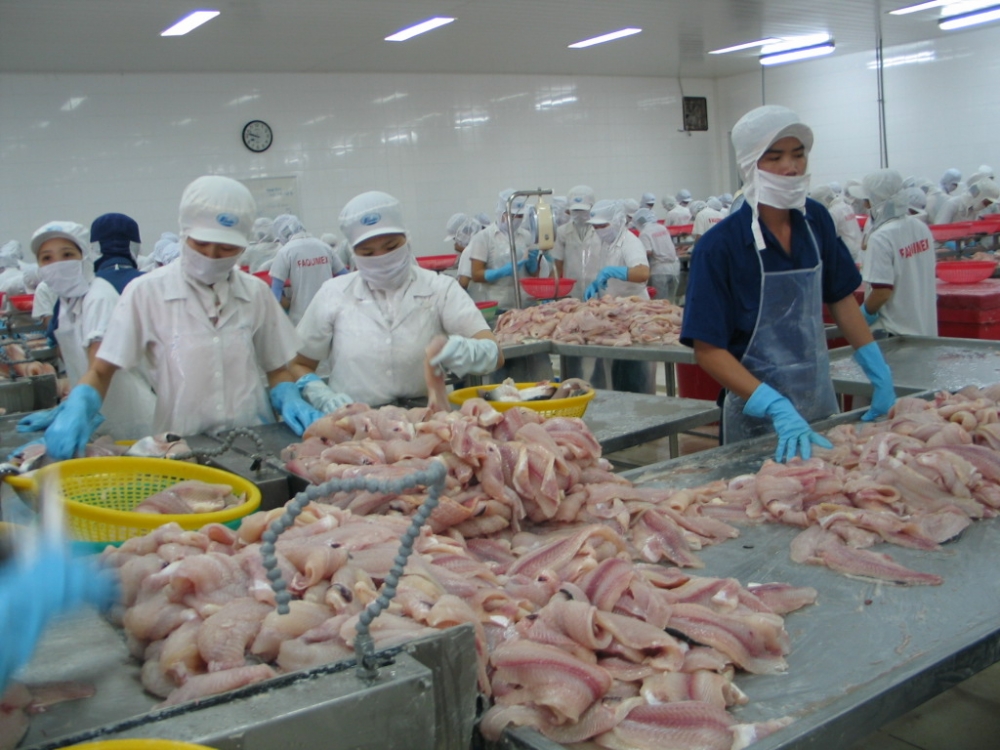 |
| Many Vietnamese exports to the EU, including fisheries, will benefit from reduced and zeroed taxes after the EVFTA takes effect |
Discerning market
Nguyen Thi Thu Trang, Director of the WTO and International Trade Center under the Vietnam Chamber of Commerce and Industry (VCCI), points to the potential of the EU market. With a population of more than 500 million people and a combined gross domestic product (GDP) of over US$15 trillion, accounting for about 22 percent of the world’s GDP, the EU is an extremely large market and also the largest exporter and importer in the world with an annual foreign trade turnover of about US$3.8 trillion.
Currently, Vietnam’s footwear exports accounted for about 11 percent of the EU’s footwear import value, while the country’s fruit and vegetable exports represented only three percent, and other exports accounted for a smaller percentage of the EU’s import values, Trang said.
The EVFTA will reduce and/or zero out import tax rates, so that for Vietnam’s seafood exports for example, 50 percent of all tariff lines will be zeroed starting in August.
Nguyen Van Tuyen, Director of the Tien Dat Co., Ltd, said the EVFTA offers new opportunities for businesses. Some of the company’s exports to the EU are subject to a 10 percent tax that will be zeroed in the next six years, Tuyen said. The company is learning about the agreement’s tax provisions for wood products to boost the export of these products to the EU, he said.
Notably, compliance with these regulations can increase production costs, leading to higher product price.
However, in order to enjoy preferential tariffs, exporters must understand and apply flexibly and honestly rules of origin; strengthen chain links; control food safety and hygiene, and comply with standards on labor and the environment, says Le Hang, Deputy Director of the Vietnam Association of Seafood Exporters and Processors (VASEP).
High compliance costs
Compliance with these regulations can increase production costs, warned economist Dr. Vo Tri Thanh, saying the high compliance costs are the biggest challenge faced by Vietnamese businesses in gaining EU market access.
The Covid-19 pandemic has disrupted supply chains and transformed investment and trade flows. The EU’s demand for goods, import structure and market control are expected to change, and Vietnamese businesses need to pay attention if they are to penetrate the EU market and take opportunities offered by the EVFTA.
According to Dr. Vo Tri Thanh, Vietnamese businesses need to improve technology and implement digital transformation, and apart from meeting standards, they need to provide solutions associated with their products.
Tran Huu Huynh, President of the Vietnam International Arbitration Center: The EU’s inspection system is strict. Vietnamese businesses need to carefully learn about laws, corporate governance, consumer culture and partnership building, and meet the EU’s standards and requirements if they are to make good use of opportunities provided by the EVFTA. |



